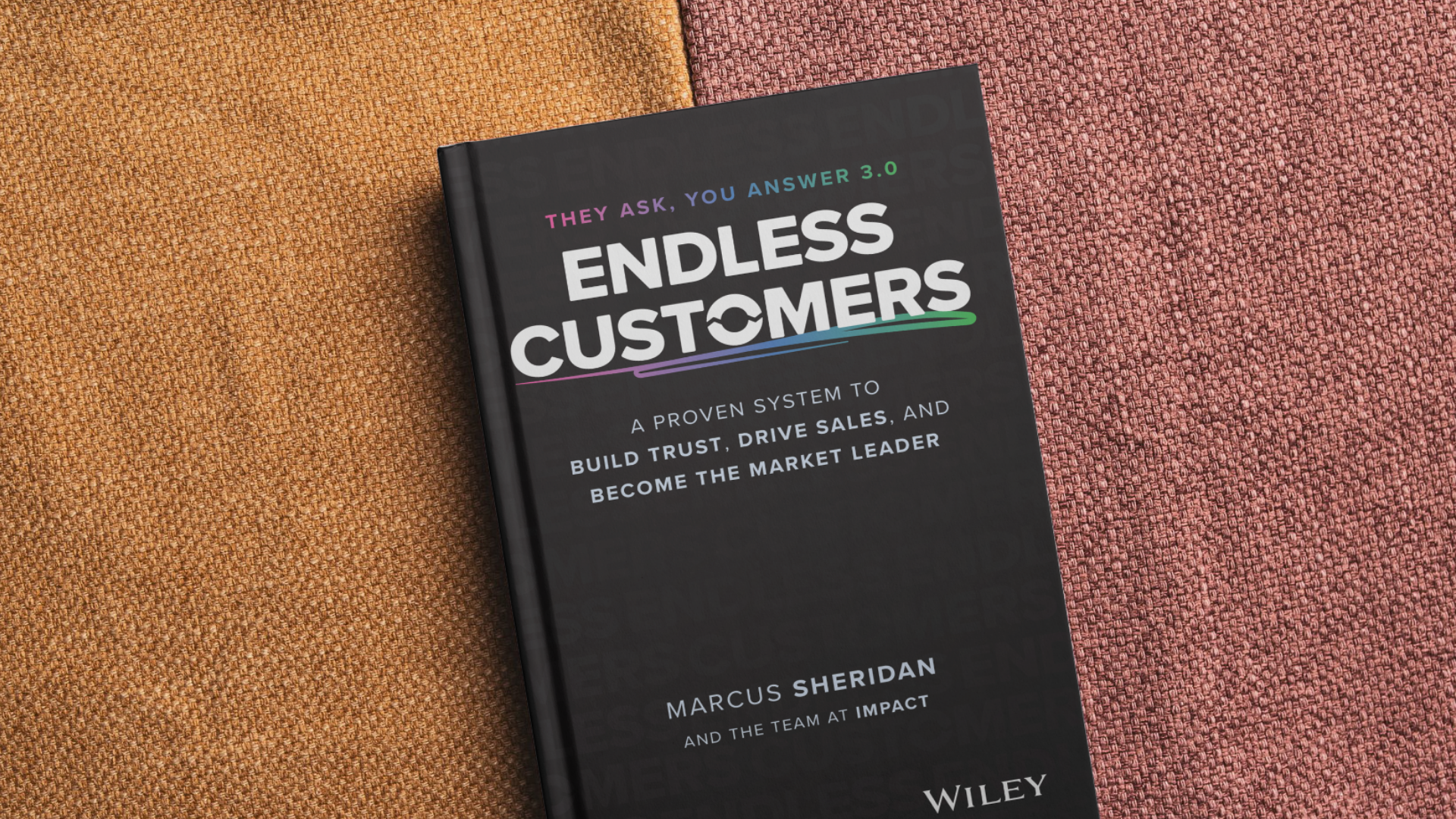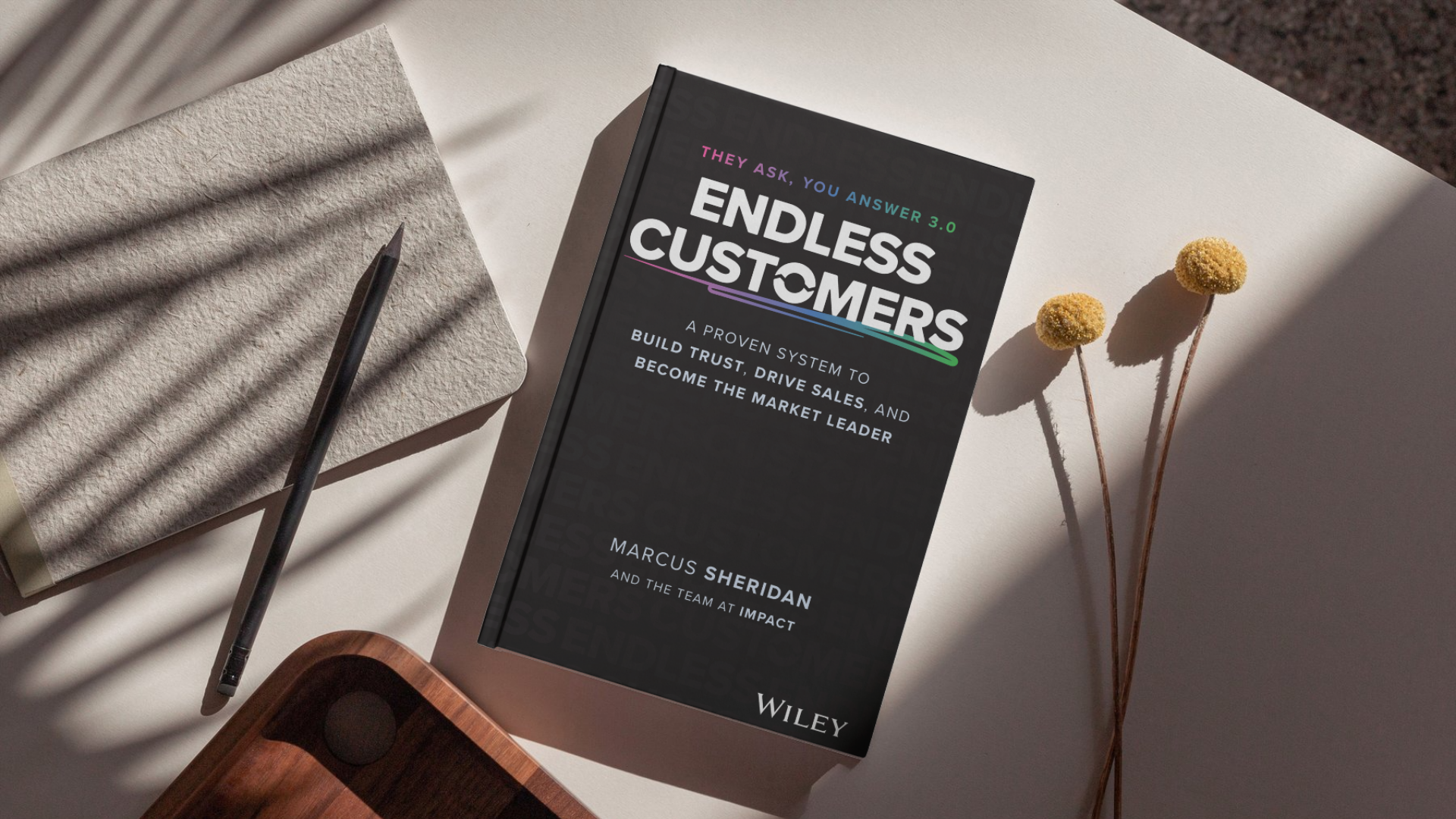Fractional CMO vs Full-Time Marketing Hire: Cost Analysis 2025
October 15th, 2025
6 min read
By Tom Wardman

Your marketing isn't hitting revenue targets. Customer acquisition costs keep climbing. Growth has stalled, and you know strategic leadership could fix this, but which path makes financial sense?
Hire a full-time marketing professional and commit to six-figure costs plus benefits that could drain your budget for months. Or bring in a fractional CMO and risk paying premium rates for part-time attention when your business needs results now.
You need marketing expertise that drives revenue, not just burns cash.
Over the past decade, I've worked both sides of this equation. I've helped businesses generate millions in new opportunities and increase qualified leads by 45% through strategic marketing leadership. Conversely, I've seen companies waste thousands on wrong hires and others transform their growth with the right fractional partnership.
By the end of this article, you'll know which option delivers stronger ROI for your exact stage of growth, and you'll have a framework to calculate value, not just compare salaries. More importantly, you'll stop second-guessing this decision and start driving the marketing results your business deserves.
Fractional CMO vs Full-Time Hire: Cost Comparison
A fractional CMO typically costs 40-60% less than full-time employees when you factor in all hidden expenses. The raw numbers show fractional CMOs at £4,000-£12,000 ($5,000-$15,000) per month for part-time strategic leadership, while full-time marketing hires range from £60,000-£120,000+ ($75,000-$150,000+) annually.
But here's what most business owners miss: a full-time marketing manager earning £80,000 ($100,000) actually costs your business around £112,000 ($140,000) when you include all the extras.
A fractional CMO working 2-3 days per week might cost £8,000 ($10,000) monthly (£96,000 / $120,000 annually), whilst that "cheaper" full-time hire includes:
- National Insurance contributions (13.8%)
- Pension contributions (3-6%)
- Holiday pay and sick leave cover
- Equipment, software licences, and workspace
- Recruitment and onboarding costs
- Management time and oversight
Complete Cost Comparison:
| Option | Base Cost | Hidden Costs | Total Annual Cost |
|---|---|---|---|
| Fractional CMO | £96,000 ($120,000) | £0 | £96,000 ($120,000) |
| Full-time hire (£80k) | £80,000 ($100,000) | £32,000 ($40,000) | £112,000 ($140,000) |
| Senior hire (£120k) | £120,000 ($150,000) | £48,000 ($60,000) | £168,000 ($210,000) |
The fractional model becomes even more attractive when most businesses need strategic marketing leadership for specific projects or growth phases, not constant daily oversight.
Scope and Responsibilities: Fractional CMO vs Full-Time
Fractional CMOs operate at board level, focusing exclusively on high-level strategy and executive decision-making. Full-time marketing hires work in the trenches, handling both strategic and tactical day-to-day execution.
This fundamental difference in scope directly impacts the value and cost-effectiveness each option provides.
6 Core Responsibilities of Fractional CMOs:
- Creating comprehensive marketing strategies aligned with business goals
- Guiding your existing team and making executive budget decisions
- Setting up measurement frameworks and KPIs that drive accountability
- Managing relationships with external agencies and vendors
- Providing strategic direction during board meetings
- Aligning sales and marketing teams for revenue growth
6 Daily Responsibilities of Full-Time Marketing Hires:
- Content creation and social media management
- Email marketing and lead nurturing campaigns
- Campaign execution and performance monitoring
- Website updates and maintenance tasks
- Event planning and coordination
- Customer communications and support
This difference explains why comparing hourly rates misses the point. You're buying different levels of expertise and involvement. A fractional CMO guides your marketing ship from the bridge. A full-time hire manages the engine room.
Hidden Costs of Full-Time Marketing Employees
Full-time marketing employees require an additional 25-40% in benefits, payroll taxes, equipment, training, and management overhead. These hidden costs add £15,000-£48,000 ($18,750-$60,000) annually to your total investment.
Mandatory Costs You Can't Avoid:
- Employer's National Insurance: 13.8% of salary above £12,570 ($15,712)
- Workplace pension contributions: minimum 3% (competitive packages offer 5-6%)
- Employer's liability insurance increases
- Apprenticeship levy: 0.5% for larger businesses
Operational Costs That Add Up:
- Office space and utilities: £2,000-£5,000 ($2,500-$6,250) annually in most UK cities
- Computer, software licences, and phone: £1,500-£3,000 ($1,875-$3,750) setup plus ongoing subscriptions
- Professional development and training: £2,000-£5,000 ($2,500-$6,250) annually
- Holiday cover and temporary staff during absences
- Recruitment costs: agency fees, advertising, interview time
Management Overhead (The Silent Budget Killer):
Full-time employees need ongoing management, performance reviews, career development discussions, and integration into company culture. This management time typically costs businesses an additional 10-15% of the employee's salary when you calculate senior leadership time investment.
The Risk Factor:
Wrong hires in marketing can be expensive mistakes. Poor performers might take 6-12 months to identify and replace, during which your marketing efforts stagnate or actively harm your brand reputation.
These hidden costs explain why many businesses find their actual spend on marketing staff runs 40-50% higher than the advertised salary.

When Fractional CMOs Provide Superior ROI
Fractional CMOs deliver superior ROI for companies with revenues under £8 million ($10 million) that need strategic leadership but lack the budget or workload for a full-time executive. They're particularly cost-effective during growth phases, product launches, or when you need immediate expertise without long-term commitment.
6 Optimal Scenarios for Fractional CMOs:
Limited marketing workload: Your business needs strategic direction 2-3 days per week, not daily tactical execution. You have existing team members or agencies handling content creation and campaign management.
Rapid scaling requirements: During growth phases, you need senior-level strategic thinking without committing to permanent headcount increases before revenue stabilises.
Specific project focus: Product launches, market expansion, or digital transformation projects benefit from experienced strategic guidance without permanent overhead.
Budget constraints: You need C-level marketing expertise but can't justify £150,000+ ($187,500+) annual packages including benefits and overhead costs.
Immediate impact needed: Fractional CMOs typically have 10+ years experience and can start delivering strategic value immediately, without the 3-6 month learning curve most full-time hires require.
Testing and validation: Before committing to a full-time CMO investment, a fractional arrangement lets you test the impact of strategic marketing leadership on your business.
The ROI calculation becomes clear when an experienced fractional CMO might increase your marketing efficiency by 30-50% within six months, whilst a new full-time hire might take 12-18 months to reach the same impact level.
When Full-Time Marketing Hires Make More Sense
Full-time marketing hires become more cost-effective when you have consistent daily marketing operations, complex ongoing campaigns, or have reached sufficient scale to justify the investment. Companies with revenues above £12 million ($15 million) typically benefit more from dedicated full-time resources.
7 Scenarios Where Full-Time Delivers Better Value:
High-volume operational needs: Your business requires daily content creation, constant campaign monitoring, and immediate response to customer communications or market changes.
Complex product portfolios: Multiple products or services need dedicated marketing attention, with different campaigns running simultaneously across various channels.
Long-term institutional knowledge: Full-time hires develop deep understanding of your customers, industry nuances, and internal processes that create sustainable competitive advantages. They become extensions of your brand DNA.
Internal team development: You want to build long-term marketing capabilities within your organisation, developing junior staff and creating knowledge systems that stay with your company.
Tight integration requirements: Your business model requires seamless coordination between marketing, sales, customer service, and product development teams throughout each day.
Industry-specific compliance: Highly regulated industries or niche markets often require full-time dedication to stay current with compliance requirements and market nuances.
Scale economics: Once your marketing budget exceeds £500,000 ($625,000) annually, the percentage cost of a full-time marketing leader becomes reasonable compared to total marketing investment.
The break-even point typically occurs when your marketing activities generate enough consistent workload to keep a full-time professional busy 35-40 hours per week on meaningful, results-driving activities.

ROI Calculation Framework: Which Option Delivers Better Value
Calculate true cost-effectiveness by dividing your total annual marketing investment by measurable outcomes like qualified leads, revenue attribution, or customer acquisition cost improvements. This ROI-based approach reveals which option delivers more strategic value per pound spent.
4-Step Value Calculation Framework:
Step 1: Define Your Marketing Objectives
- Lead generation targets (specific numbers)
- Revenue attribution goals (percentage of total sales)
- Customer acquisition cost targets
- Market share or brand awareness goals
Step 2: Calculate Total Cost of Ownership
For fractional CMO:
- Monthly fee × 12 months
- Any additional project costs
- Technology or tools they require
For full-time hire:
- Base salary + benefits + hidden costs
- Recruitment and onboarding expenses
- Equipment and software requirements
- Management time allocation
Step 3: Assess Capability Match
Rate each option (1-10) on:
- Strategic planning ability
- Hands-on execution capacity
- Industry experience relevance
- Cultural fit with your organisation
- Time to meaningful impact
Step 4: Calculate Value Per Pound
Take your expected annual marketing outcomes and divide by total annual investment. The option delivering higher returns per pound invested provides better value.
Real-World ROI Example:
Fractional CMO: Generating 200 qualified leads annually at £96,000 ($120,000) total cost = £480 ($600) per qualified lead.
Full-time hire: Generating 180 qualified leads annually at £112,000 ($140,000) total cost = £622 ($777) per qualified lead.
Result: The fractional CMO delivers 16% better cost-effectiveness despite similar overall investment levels.
The key insight: focus on outcomes delivered per pound invested, not just upfront cost comparison. The cheapest option often becomes the most expensive when measured against actual business results achieved.
Frequently Asked Questions
Q: How quickly can a fractional CMO start delivering results? A: Most experienced fractional CMOs can start delivering strategic value within 30 days, compared to 3-6 months for new full-time hires who need time to understand your business and industry.
Q: What if our marketing needs change during the contract? A: Fractional arrangements typically offer more flexibility to scale up or down based on business needs, whilst full-time employees require formal restructuring processes to adjust responsibilities.
Q: Can we switch from fractional to full-time later? A: Absolutely. Many businesses use fractional CMOs to establish marketing foundations and processes, then hire full-time staff once they've proven the ROI of strategic marketing investment.
Q: How do we ensure quality with part-time leadership? A: Look for fractional CMOs with proven track records, clear communication processes, and measurable deliverables. Regular reporting and defined success metrics help maintain accountability.
Your Next Step: Apply the Framework
You've now seen how costs, ROI, and responsibilities compare between fractional CMOs and full-time marketing hires. The challenge was figuring out which path matches your growth stage and budget constraints.
Your next step is to apply the ROI calculation framework to your own numbers. Take your current marketing challenges, revenue targets, and budget limitations. Run them through the four-step process above. The right choice will become clear when you focus on value delivered rather than just salary comparisons.
The decision between fractional and full-time marketing leadership isn't just about cost. It's about matching your business stage, growth trajectory, and operational needs with the right level of strategic expertise.
I'm Tom Wardman, and if you'd like help working through this decision with your specific situation, let's talk about where you are now and where you want to be. Together, we'll make marketing work for your business.
Topics:





















